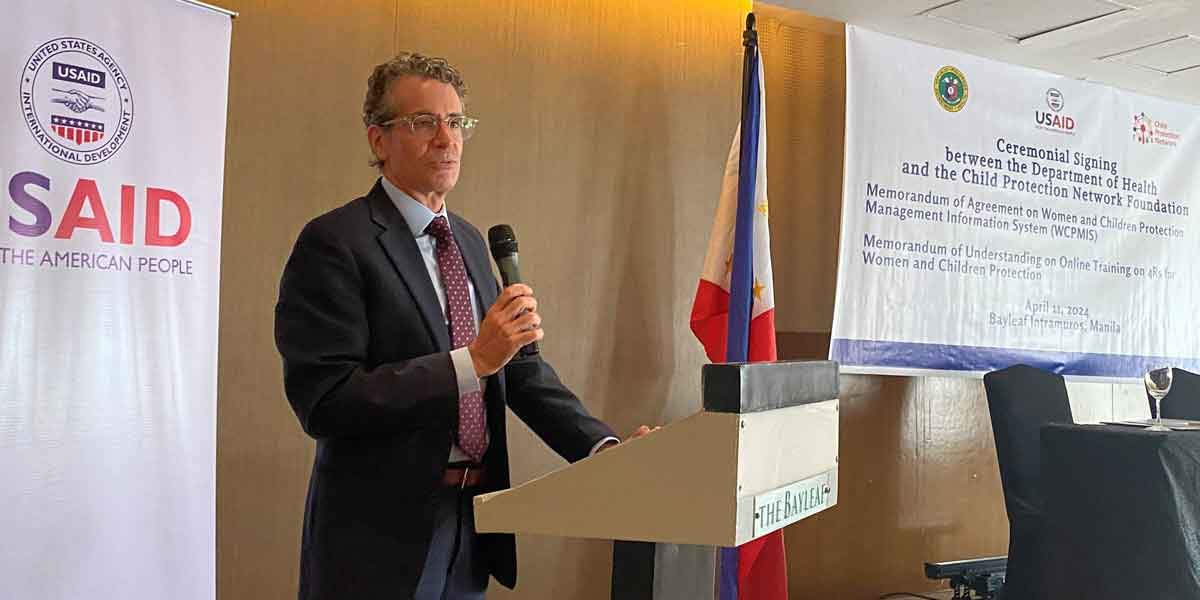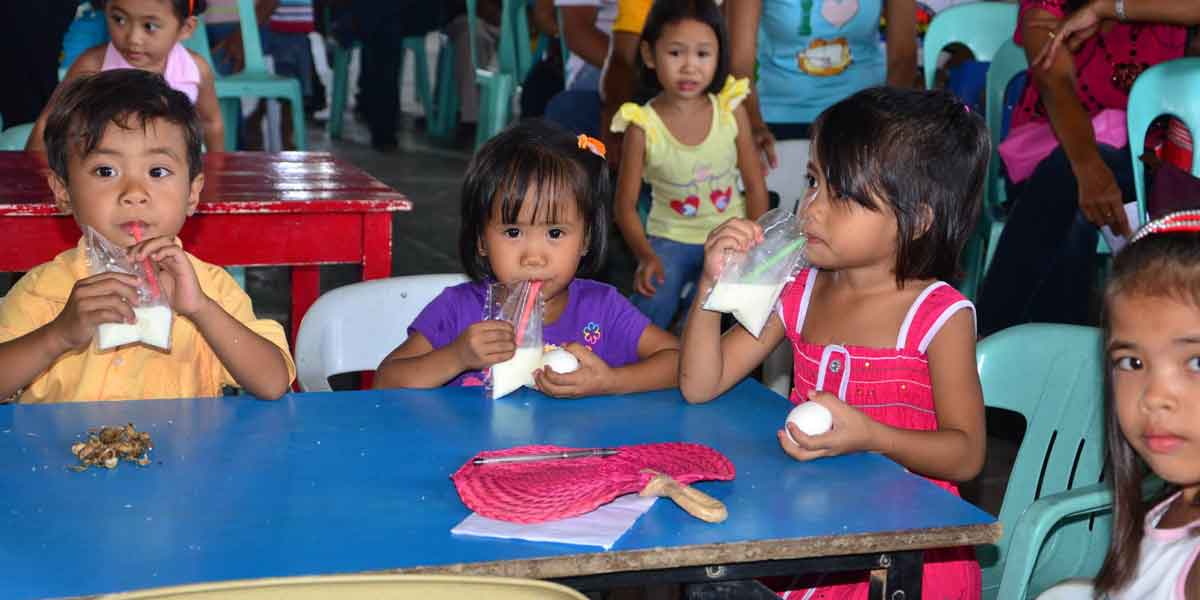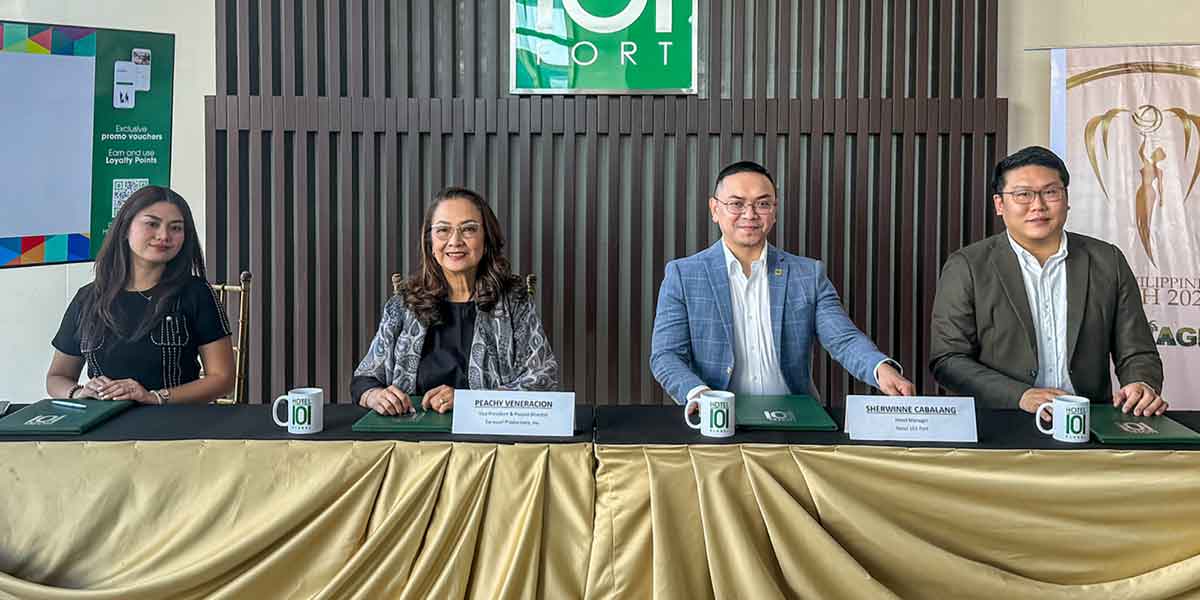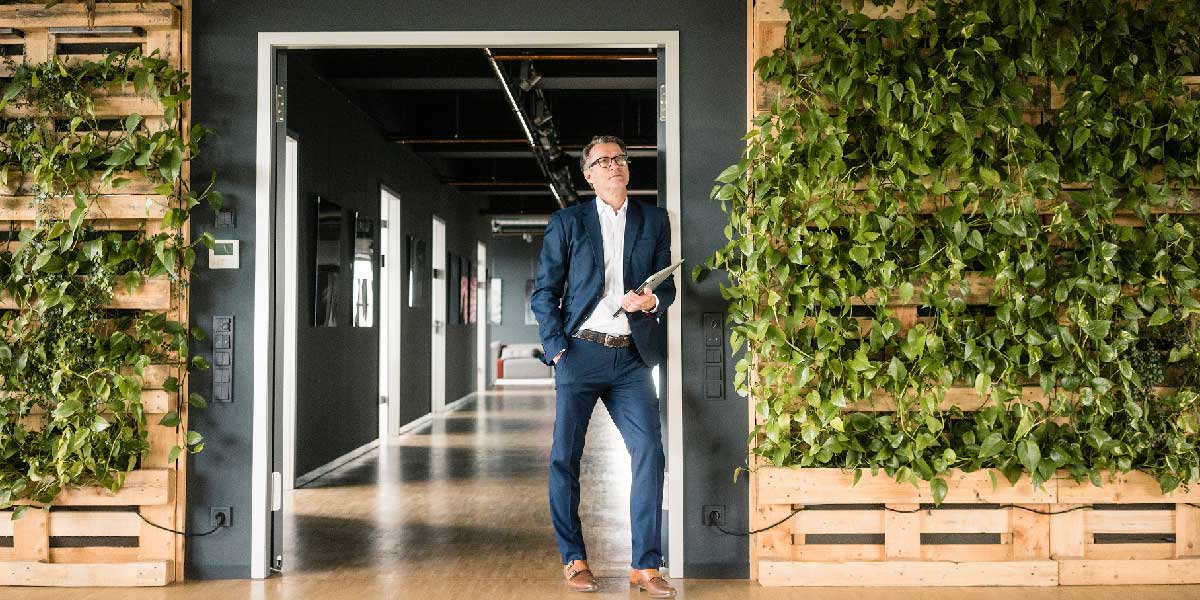
Real estate services and consultancy firm JLL Philippines affirmed the country’s readiness to embark on a more sustainable and responsible approach to real estate as more developers build more green buildings in response to a greater demand from occupiers.
“While the Philippines has a long way to go in terms of our sustainability journey, there is greater consciousness and more conversations about it now. The pandemic helped to increase the demand for green buildings, and this awareness must be augmented by government support through policies and incentives, as well as real estate firms adapting and promoting sustainability efforts among their clients,” said Joey Radovan, JLL Philippines’ Vice Chairman.
Radovan moderated the panel discussion during a webinar held by the French Chamber of Commerce and Industry in the Philippines, which featured industry leaders Mika Kania (JLL Energy and Sustainability Services Product Enablement Manager for Asia Pacific), Raymond Rufino (Neo Chief Executive Officer), and Charisse Bantiling (Trends & Concepts Principal Designer and Workplace Strategist).
This aligns with broader real estate sustainability developments across Asia Pacific where 40% of corporate occupiers have already adopted net zero carbon emission targets and another 40% are planning to adopt targets by 2025, as shown by JLL Asia Pacific “Sustainable Real Estate: From ambitions to actions” report that surveyed over 550 corporate real estate leaders.
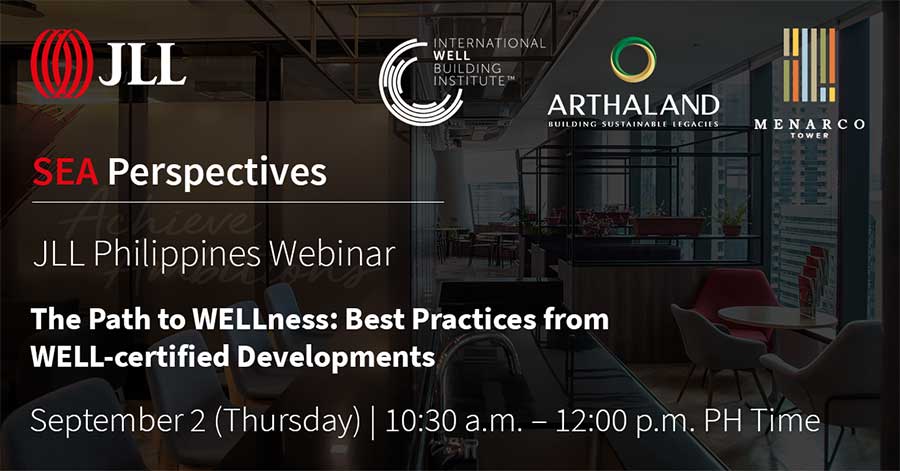
“Sustainability has gone mainstream and real estate is at the core, with the built environment contributing to around 40% of total carbon emissions. Many companies have set emission reduction targets, and this cannot be realized without addressing their real estate,” said Kania.
“As such, many companies are making sustainability pledges, and this is creating a greater demand for green buildings. This will force landlords to consider refurbishing and retrofitting their buildings to meet existing and future regulatory standards, as well as the demands from tenants. In turn, we believe investors will prioritize future investments in green certified assets to ensure adequate supply,” she continued.
JLL’s study showed that across Asia Pacific, society is shifting towards an emphasis on green and sustainable spaces in a bid to address the concerns on climate risk. Seven in 10 occupiers are willing to pay a premium to lease green buildings, validating the belief of about 72% of investors that green certifications—such as LEED (Leadership in Energy and Environmental Design) and BERDE (Building for Ecologically Responsive Design Excellence)—drive higher occupancy, higher rates, higher tenant retention, and overall higher value of assets.
In the Philippines, rent premium between green buildings versus non-green buildings typically ranges from 2% to 23%.
Rufino underscored that moving forward, green-certified buildings will be the norm in the country. “Sustainability goals easily resonate with multinational companies, but it is exciting to see that many local companies are also starting with their sustainability journey and have higher appreciation now on the importance of being in a green building,” he said.
In terms of the workplace interiors, Bantiling said the pandemic has opened the view of occupiers on the importance of sustainability—not just for the actual building, but also the interiors for occupiers. This is reflected by the increased demand for better indoor air quality and more sustainable material selection, among others.
To this, Kania furthered that as some companies reduce their footprint, they are also becoming more thoughtful about the space they are keeping, going so far as to asking their landlords for better quality environment to make their employees feel healthy, safe, and productive.
“These are exciting times. It has been very motivating to see companies putting sustainability at the forefront of their agenda. JLL is very keen on working with them as they build their sustainability goals and keep faithful to their pledges,” concluded Kania.
JLL Philippines’ next webinar, “The Path to WELLness: Best Practices from WELL-certified Developments” will tackle WELL Building Standard certification—a rating system that advances health and well-being in buildings globally by measuring how human wellness is integrated in the structure. To register, visit JLL’s website or click here.
JLL regularly holds knowledge-sharing events and publishes thought leadership pieces on the latest trends and insights in the real estate market. To know more, follow JLL’s social media pages on Facebook and LinkedIn.
JLL has been operating in the Philippines since 1997 as a 100% wholly owned entity and currently manages about 4.4 million square meters of real estate with a workforce of over 1,400 employees. With more than two decades of local expertise working hand-in-hand with its global legacy, JLL provides to the Philippine real estate market an unparalleled synergy of services with a strong commitment to achieve real estate ambitions through future-ready approaches. For further information, visit www.jll.com.ph.

